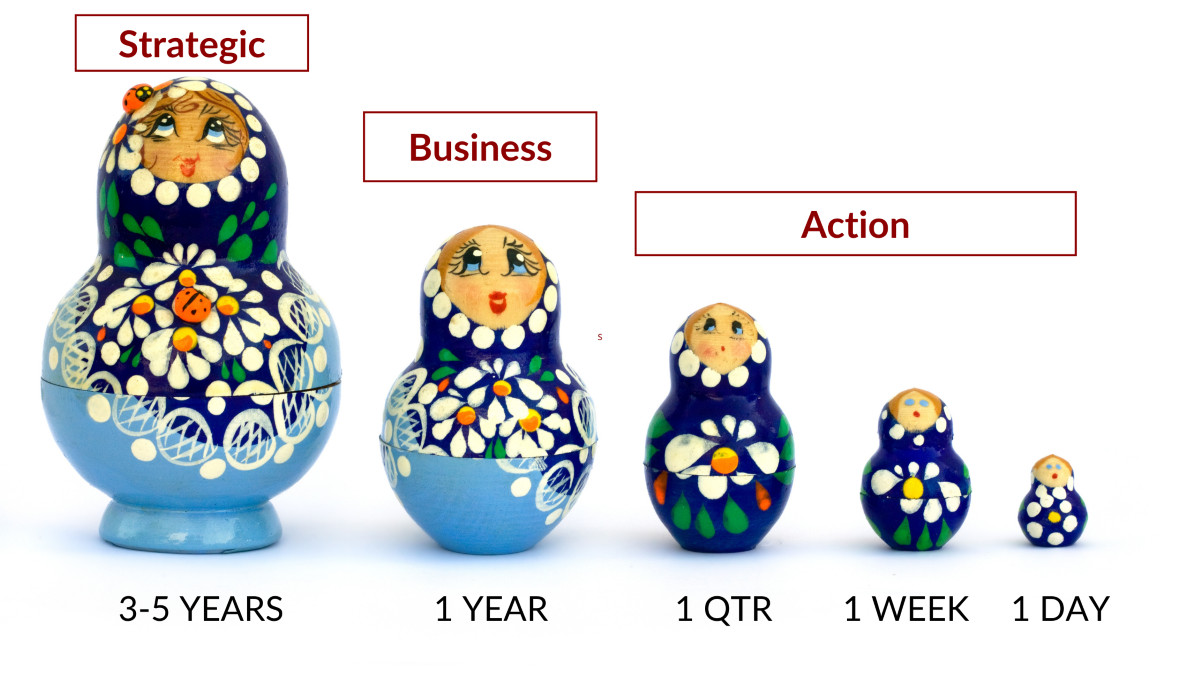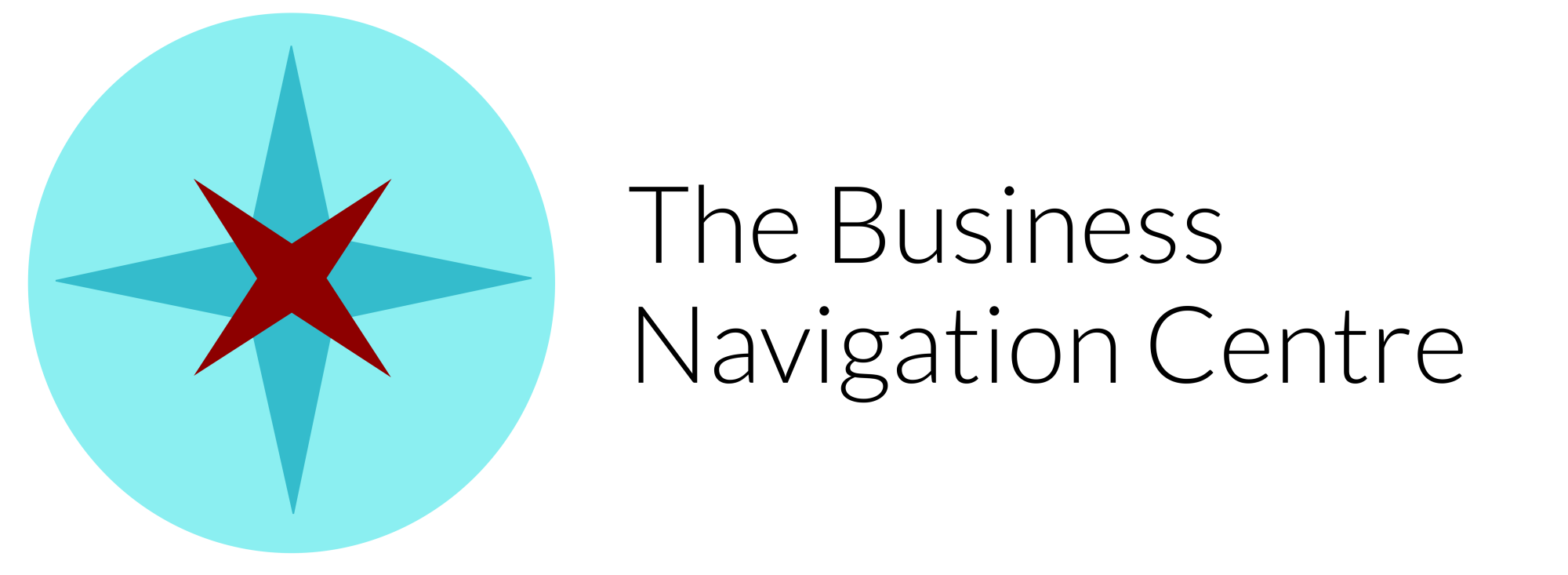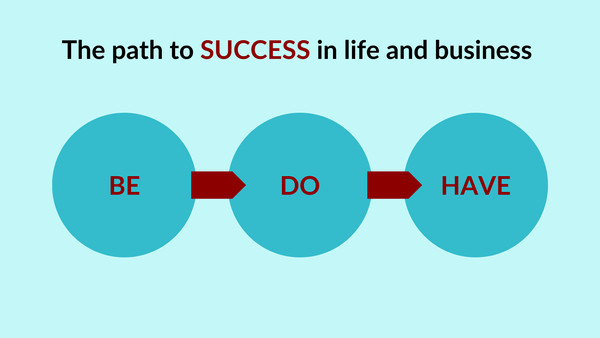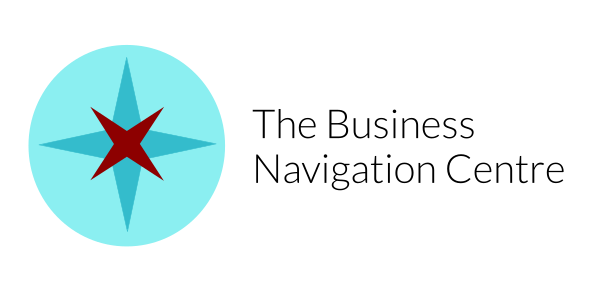
In the realm of entrepreneurship, a common dilemma surfaces—should business owners diversify their efforts or maintain a sharp focus? Drawing on my extensive experience in business management and strategy, let's delve into why, more often than not, a concentrated focus proves more fruitful than spreading efforts thin.
- Maximizing Impact: The Strength of Singular FocusPicture your business as a powerhouse. Devoting attention to one project concentrates your efforts like channeling energy into a single, potent source. Business success is about precision, not juggling tasks. Instead of dispersing energy, direct it towards a singular goal for a more impactful outcome.
- Misconceptions About Risk: The Pitfall of DiversificationWhile it may seem logical to spread efforts across various projects to mitigate risk, the reality is often counterintuitive. Dividing time among endeavors dilutes progress, creating inefficiencies. Imagine attempting to move in multiple directions simultaneously—it's a recipe for slowdown, not success. The real risk lies in losing focus and impeding progress.
- Swift Progress: Knowledge and Skills as CatalystsSuccess in business is closely tied to expertise. Similar to a skilled professional navigating challenges adeptly, a business owner accelerates success with honed knowledge and skills. Dividing time among projects delays the acquisition of expertise. Focus, however, facilitates a quicker and more efficient learning curve, enhancing the likelihood of success.
In the fast-paced business landscape, the old saying "jack of all trades, master of none" holds true. Diversification, though thought to mitigate risk, often results in diluted efforts and slower progress. As an experienced professional, I advocate for the power of focus—concentrating energy on one project until it bears fruit.
To maximize your chances of success, prioritize swift acquisition of knowledge and skills. In the business journey, speed matters, and focus acts as the accelerator. So, should a business owner diversify? The resounding answer is: focus is paramount until the targeted project yields positive results.
To accelerate your acquisition of knowledge and skills and therefore your chances of success, consider working with a mentor. Their knowledge and experience will short cut your journey.
Did this blog help you? If it did, please share it with your business connections.
If you have any questions contact Helene HERE
Are you tired of putting off important tasks and feeling overwhelmed by procrastination?
You're not alone!
But fear not! We have the ultimate solution for you.
Introducing "3 Easy Steps to Banish Procrastination" - a downloadable guide that will transform your productivity and help you achieve your goals faster than ever before. Say goodbye to endless frustration and hello to a focused and motivated you. Don't wait any longer, click the link below to unlock the secrets to defeating procrastination once and for all!

In this blog post, we explore the different types of procrastination that entrepreneurs may face and provide strategies to overcome them. Type 1 is task aversion and boredom, which can be overcome by reframing mundane tasks as opportunities for growth. Type 2 is fear of failure, and it's important to understand that failure is a part of the journey and an opportunity to learn and evolve. Type 3 is perfectionism paralysis, which can be overcome by valuing progress over perfection. Type 4 is difficulties with task prioritization, which can be addressed by differentiating between urgent and important tasks and implementing time management techniques. Type 5 is overwhelm and indecision, which can be managed by acknowledging and understanding the underlying emotions causing them. Type 6 is the lack of immediate consequences, which can be overcome by understanding the human psychology of seeking pleasure and avoiding discomfort. Type 7 is the distraction dilemma, which can be addressed by recognizing and avoiding forms of procrastination, such as social media scrolling. Type 8 is emotional evasion, which can be managed by paying attention to the underlying emotions triggering procrastination episodes. By understanding and addressing these types of procrastination, entrepreneurs can banish procrastination and turn it into a stepping stone on their entrepreneurial journey.
In this guide, we explore the different types of procrastination that entrepreneurs may face and provide insights on how to overcome them. From task aversion and boredom to fear of failure, perfectionism paralysis, difficulties with task prioritization, overwhelm and indecision, lack of immediate consequences, distraction dilemma, and emotional evasion, we delve into each type to help entrepreneurs understand and tackle their procrastination tendencies. By recognizing these behaviors and implementing tailored strategies, entrepreneurs can transform procrastination from a stumbling block into a stepping stone on their entrepreneurial journey. For more effective solutions and tips, check out our guide on banishing procrastination.
Read more...
In the fast-paced world of business, rest may seem counterintuitive, but embracing strategic rest can unlock unparalleled productivity. This blog explores the often-overlooked dimensions of rest – physical, mental, sensory, creative, emotional, and social – and how they can propel your business to new heights. Prioritizing physical rest, such as regular breaks and sufficient sleep, fuels efficiency and sustained focus. Mental rest, like taking deep breaths and looking away from screens, clears the cognitive dashboard and safeguards against burnout. Sensory rest, by unplugging and providing quiet spaces, enhances creativity and offers a fresh perspective. Creative rest, stepping away from routine tasks, nourishes innovation. Emotional rest, through support and open communication, builds resilient teams. Social rest, by fostering meaningful connections and collaborations, strengthens your business's network of support. By incorporating these dimensions of rest into your business strategy, you ensure sustainable success for all individuals, including those who are neurodivergent.
Read more...
In this blog post, we explore the complexities of decision-making within business partnerships. Partners must navigate the crossroads of operational and strategic decisions, understanding their impact on the partnership's course. Money plays a pivotal role in decision-making, requiring careful consideration and collaboration for significant financial investments. Clear demarcation of responsibility and authority is crucial, ensuring streamlined decision-making and expert leadership in specific areas. Empowering decision-makers with the appropriate financial level of authority accelerates the process and fosters ownership. Partners with clear responsibilities and authority can make single-handed decisions within their realm, enhancing efficiency and minimizing delays. Ultimately, by aligning on decision-making processes, empowering each other, and fostering collaboration, partners can chart a course toward prosperous outcomes and lasting harmony.
Read more...
In the world of business, effective planning is essential for success. Just like a traveler needs a map to navigate their journey, businesses need various types of plans to guide them through the complexities of the market. This article explores the distinct types of plans – strategic plans, business plans, and action plans – each with its own purpose, content, and timeframe.
Strategic plans are like a blueprint for an organization's long-term direction, encompassing the vision, mission, and goals. On the other hand, business plans focus on specific milestones and detail strategies, target markets, and financial projections. Action plans break down larger goals into actionable steps for day-to-day execution.
Overall, understanding the content and timeframe of each plan is crucial for navigating the ever-changing landscape of business. By embracing effective planning, businesses can confidently chart a course towards success in the competitive business world.
Effective planning is essential for business success, just as a traveler maps out their journey before setting off. This guide explores the different types of plans in business – strategic plans, business plans, and action plans – each with its own unique purpose, content, and timeframe.
Read more...














